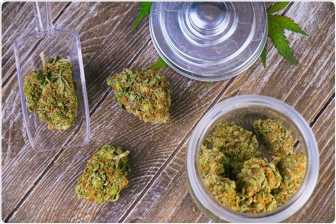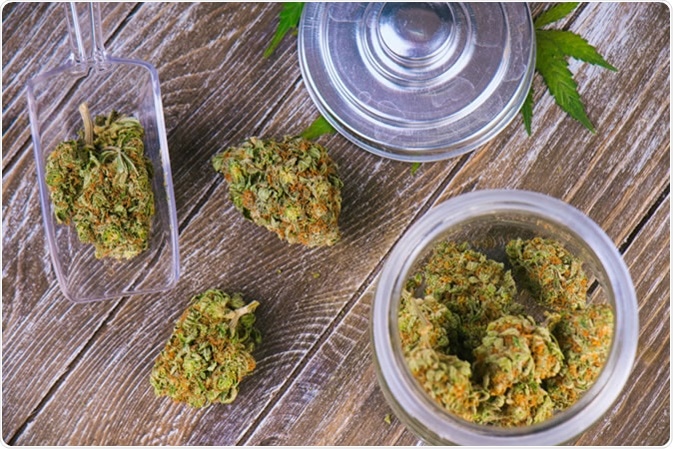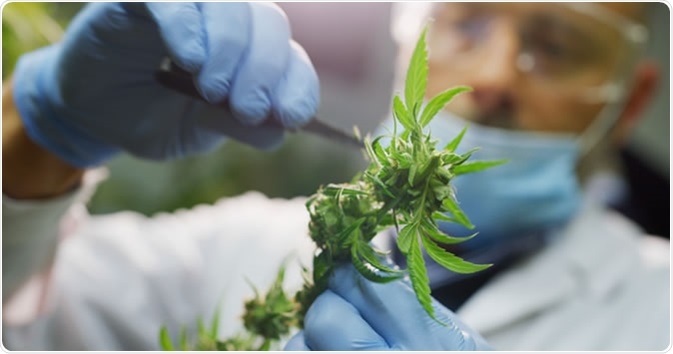cheap compazine canadian pharmacy no prescription

Skip to:
- Potential risks of THC edibles
- Research of self-administration of THC in mice
- Challenges of edibles
- Conclusion
Cannabis, also known as marijuana among other names, is the most frequently used illicit drug among adults and adolescence. Illicit drugs are substances that stimulate or inhibit the central nervous system or cause hallucinogenic reactions. The psychoactive influence of cannabis is due to an ingredient called tetrahydrocannabinol (THC). The recent legalization trends around the world have led to an increase in its use in both medical and recreation settings. This has contributed to the increase in production of cannabis-based products. THC edibles is an area of increasing popularity and caution since the oral route of administration can elicit extreme reactions.

Potential risks of THC edibles
Even though cannabis edibles are considered a safer alternative for attaining the intoxicating effects of cannabis, there has been relatively little research on how the ingestion of cannabis differs from other methods of administration in terms of subjective effects and safety. The most prominent difference is the delayed onset of the effects of cannabis. When eaten, as compared to when smoked, the effects of cannabis take longer to begin and last longer.
A recently published study in the Annals journal showed an increase in the number of people admitted to the emergency rooms in hospitals after using cannabis between 2012 and 2016. While the focus was primarily on inhaled cannabis, edibles had a significant role. A proportion of the people who consumed THC edibles was reported to experience short-term psychiatric symptoms such as anxiety and psychosis. Heart problems were also common among people who consumed edibles. Eight per cent of the reported cases had an irregular heartbeat and even heart attacks. However, this study only demonstrates a correlation rather than a strict causality relationship between THC edibles and adverse health conditions.
Research of self-administration of THC in mice
Recent research looked into the health effects of THC edibles in mice. For the purpose of the experiment edible dough, consisting of flour, sugar, salt and glycerol, was infused with THC doses proportioned individually per mouse. The impact of gradually increasing doses of THC on the locomotor activity and body temperature of the mice was assessed.
Results revealed that mice consistently consumed THC dough on multiple occasions across a range of doses. THC caused dose-dependent hypolocomotion that lasted a couple of hours regardless of the gender of the mice. These effects were reduced when a CB1 receptor antagonist was administered which means that THC binds to CB1 receptors in the brain.
When consumed chronically, THC caused a decrease in body temperature and this effect was more pronounced in female mice. This is the first report of voluntary oral self-administration of THC in animal models. This method of consumption is analogous to human consumption, namely edible THC but like all animal models may not accurately reflect the results if the same experiment was carried out in humans.

Challenges of edibles
The risks associated with consuming cannabis edibles pose a challenge for research. The factors related to the route of administration link consumption of edibles with overdosing. Different routes of administration lead to different outcomes and the results from emergency departments and poison centres show the differential risks of toxic effects. Edible cannabis products more often have a higher percentage of TCH and the metabolic processes in the digestive system produce higher levels of pharmacologically active THC metabolites compared to smoking the products.
The amount of THC in edibles vary vastly across products which make it harder for the user to understand the dose of THC they are consuming. The lack of consistency coupled with the delayed intoxication process causes many people to overdose by consuming higher than intended amounts of THC. The failure to acknowledge the delayed effects of edible THC is the reason for the growing number of people visiting the emergency rooms due to cannabis intoxication.
Another concern surrounding the edibles market stems from the fact that many cannabis edibles are packaged in a similar way to normal products making it very likely that unaware adults and children can consume it unintentionally.
Conclusion
Edible cannabis has become a widely spread practice and a popular alternative to inhaled cannabis in the legalized cannabis market. However, there are still many questions surrounding the safety of this practice and the health effects that it can have. Further research is needed to inform policymakers to establish regulations regarding the sale and marketing of these products. More importantly, a standard for the dosage of cannabis needs to be set with the aim to avoid misunderstandings and the over-consumption of cannabis edibles. The risks associated with the consumption of cannabis through edibles can be attenuated through standardization of the products via the use of quality control measures and product formulations.
The ethical issues and the lack of control over previous cannabis exposure are the main barriers to the human research of the effects of cannabis. The well-controlled research of the behavioural and physiological effects of THC edibles benefits from animal models of cannabis administration. Nevertheless, more research is needed involving animal models and human trials to elucidate the exact effects of edible cannabis and determine the dose-dependent link between them.
References
- Barrus, D. et al. (2017). Tasty THC: Promises and Challenges of Cannabis Edibles. https://www.ncbi.nlm.nih.gov/pmc/articles/PMC5260817/
- Friese, B., Slater, M. & Battle, R. (2017). Use of Marijuana Edibles by Adolescents in California. https://link.springer.com/article/10.1007/s10935-017-0474-7
- Monte, A. et al (2019). Acute Illness Associated With Cannabis Use, by Route of Exposure: An Observational Study. https://annals.org/aim/article-abstract/2729208/acute-illness-associated-cannabis-use-route-exposure-observational-study
Further Reading
- All Cannabis Content
- CBD Oil: Health Benefits and Risks
- Cannabis and Psychosis
- Hemp Seed Oil Health Benefits
- Cannabinoid Analysis Techniques
Last Updated: Oct 16, 2019

Written by
Mihaela Dimitrova
Mihaela's curiosity has pushed her to explore the human mind and the intricate inner workings in the brain. She has a B.Sc. in Psychology from the University of Birmingham and an M.Sc. in Human-Computer Interaction from University College London.
Source: Read Full Article